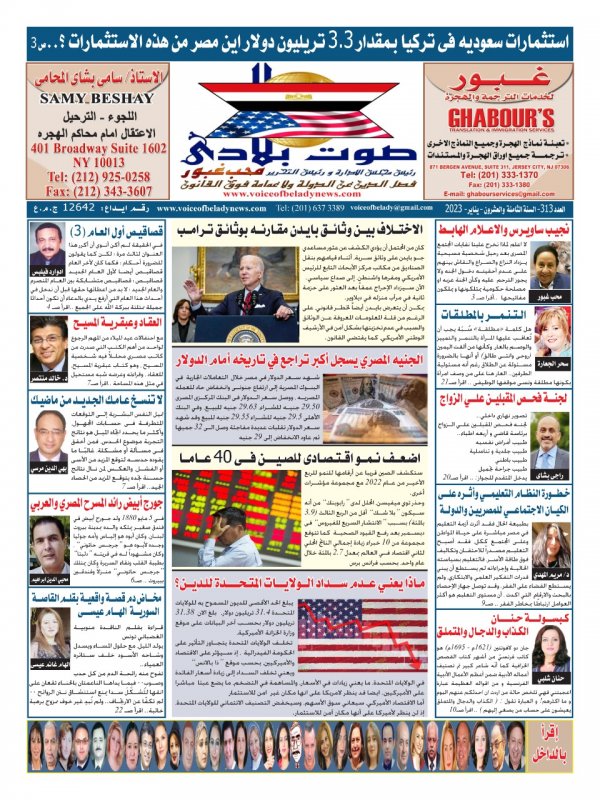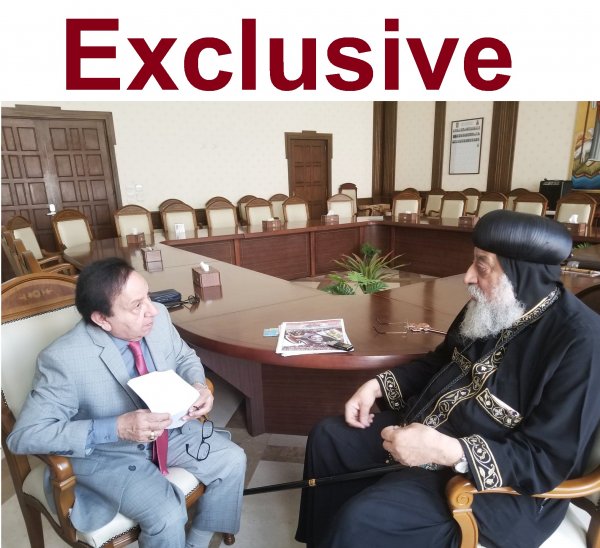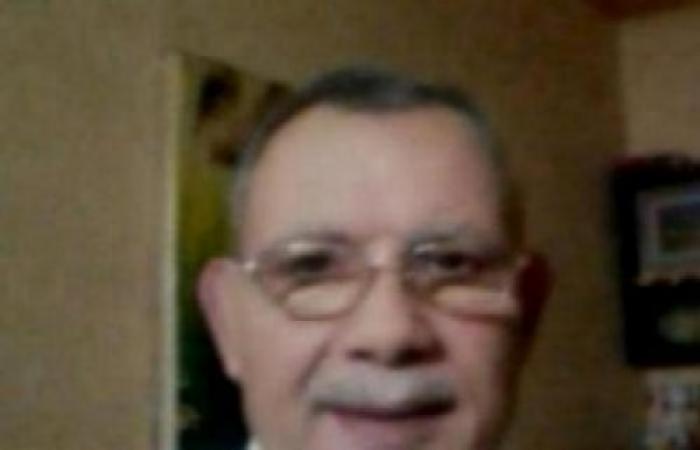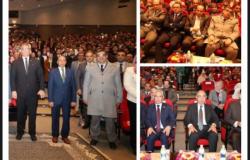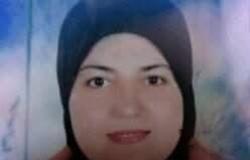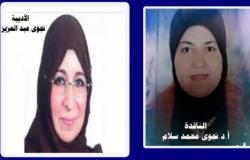Dr. Mohamed Dabasha
Member of the Egyptian Writers Union
A question raised by social media users is, will Lebanon leave the protection of its lands to the military wing of Hezbollah, and what is the fate of the party after the killing of Hassan Nasrallah? Is the Lebanese army capable of protecting Lebanon from the blatant attacks of the Israeli occupation army?
In fact, the answer is no because the Lebanese army cannot protect its lands, and the reasons are known to those who follow Lebanese affairs, as the Lebanese army consists of 56,000 personnel working with the ground forces, which consist of about 54,000 soldiers, and the air force and air defense consist of only about 1,000, knowing that the Lebanese army ranks 111th in terms of military strength out of 140 countries, while the Israeli army ranks 11th in the world, and from here it becomes clear that there is no comparison between Israel and Lebanon in terms of military strength, and in the same context, the United States of America does not want to support the Lebanese army except in a way that makes it capable of protecting internal security only.
With the deteriorating economic situation in Lebanon and the state’s inability to pay the salaries of army personnel, the US Embassy in Beirut and the United Nations Development Program (UNDP) announced the launch of the “LAF/ISF Livelihood Support Program,” which will provide $72 million in temporary financial support to members of the Lebanese Armed Forces (LAF) and the Internal Security Forces (ISF). This financial assistance will provide $100 per month to all eligible members under US law for a period of six months. Under this new agreement, UNDP will work with a national financial services provider to begin disbursing these funds once the appropriate mechanisms are completed. Ambassador Shea was joined on this occasion by UNDP Resident Representative Ms. Melanie Hauenstein, Lebanese Armed Forces Commander General Joseph Aoun, and Director General of the Internal Security Forces Major General Imad Osman.
As for the fate of Hezbollah after the elimination of Hassan Nasrallah by the occupying Israeli army.
We emphasize the survival of Hezbollah because it is an ideological party and an extension of the Iranian revolution from which it emerged in 1982 during the Israeli invasion of Lebanon by a group of clerics in the midst of a civil war that lasted for nearly 15 years. Then it moved from working as an armed group fighting against Israel to a political party that forms part of the political scene in Lebanon. Its political and military wing is active inside the country and participates in the Lebanese elections. Under the leadership of its Secretary-General Hassan Nasrallah, it controls a large part of the Shiite majority areas, including parts of the capital Beirut. It is expected that Hashem Safieddine will replace Nasrallah, may God have mercy on him, as Secretary-General of Hezbollah. I believe that Lebanon will remain as it is for several decades because, according to my convictions, a country cannot expel the occupier from its lands except with a strong army in which Hezbollah’s military wing is involved (after dismantling the party) if there is a glimmer of hope and its supporters abandon their own vision so that Lebanon can return to being independent and the Lebanese citizen feels that he has an army that is a shield and a sword capable of protecting his lands.




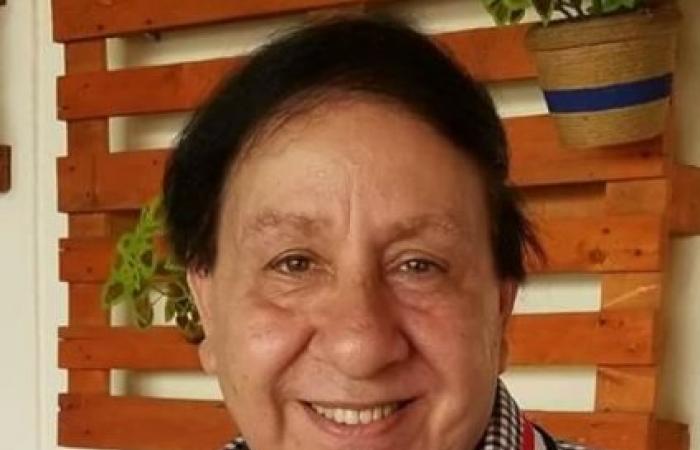 رئيس التحرير يكتب : من التراب وإلى التراب يعود .. تحويل جثث الموتى إلى سماد عضوى
رئيس التحرير يكتب : من التراب وإلى التراب يعود .. تحويل جثث الموتى إلى سماد عضوى
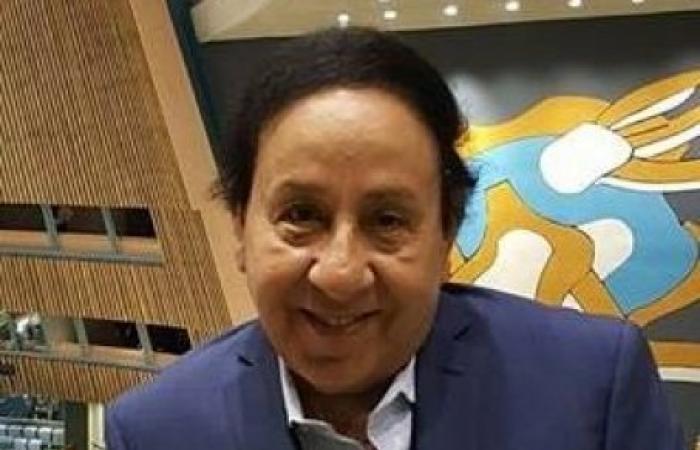 رئيس التحرير يكتب : لماذا تصر الحكومة على استمرار شريف أبو النجا رئيسا لمستشفى 57357 رغم الشواهد العديدة على فساده
رئيس التحرير يكتب : لماذا تصر الحكومة على استمرار شريف أبو النجا رئيسا لمستشفى 57357 رغم الشواهد العديدة على فساده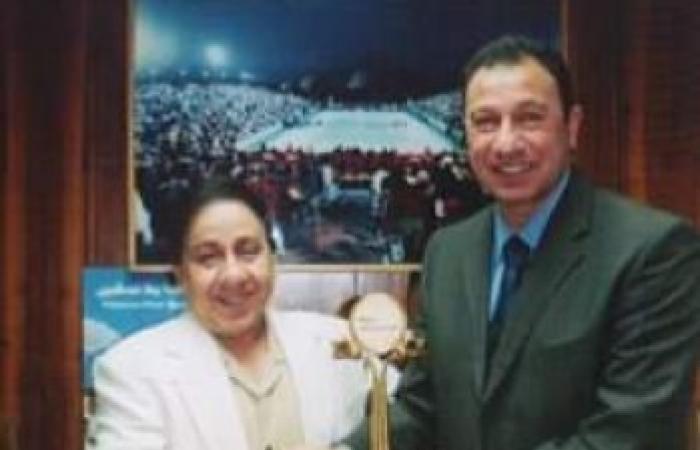 اقرأ في العدد الجديد ( عدد يناير ٢٠٢٣ ) من جريدة صوت بلادي
اقرأ في العدد الجديد ( عدد يناير ٢٠٢٣ ) من جريدة صوت بلادي
